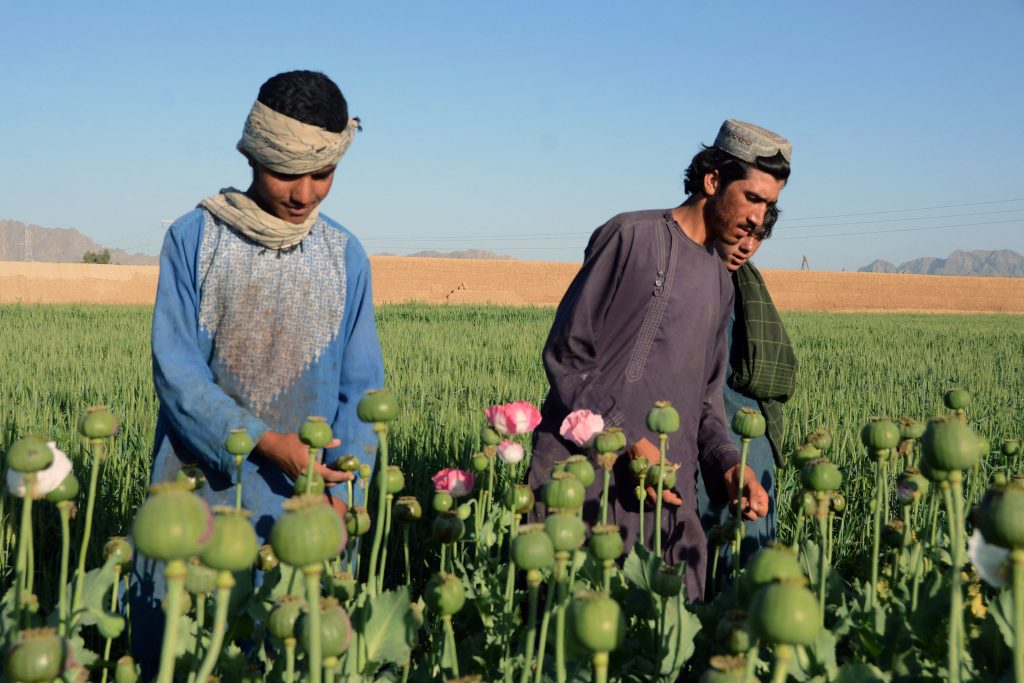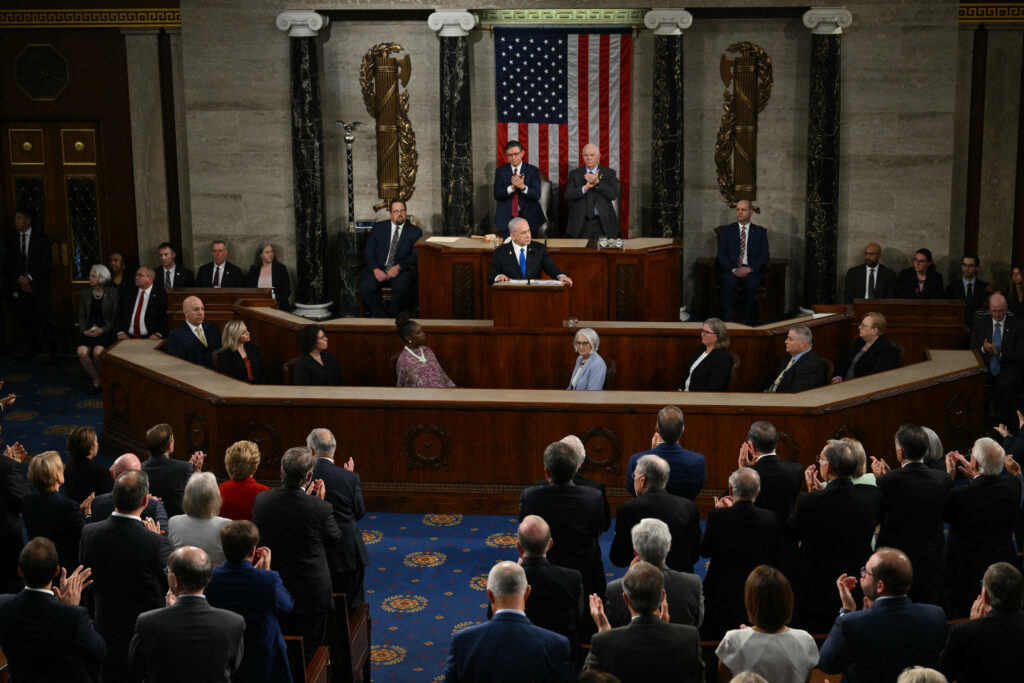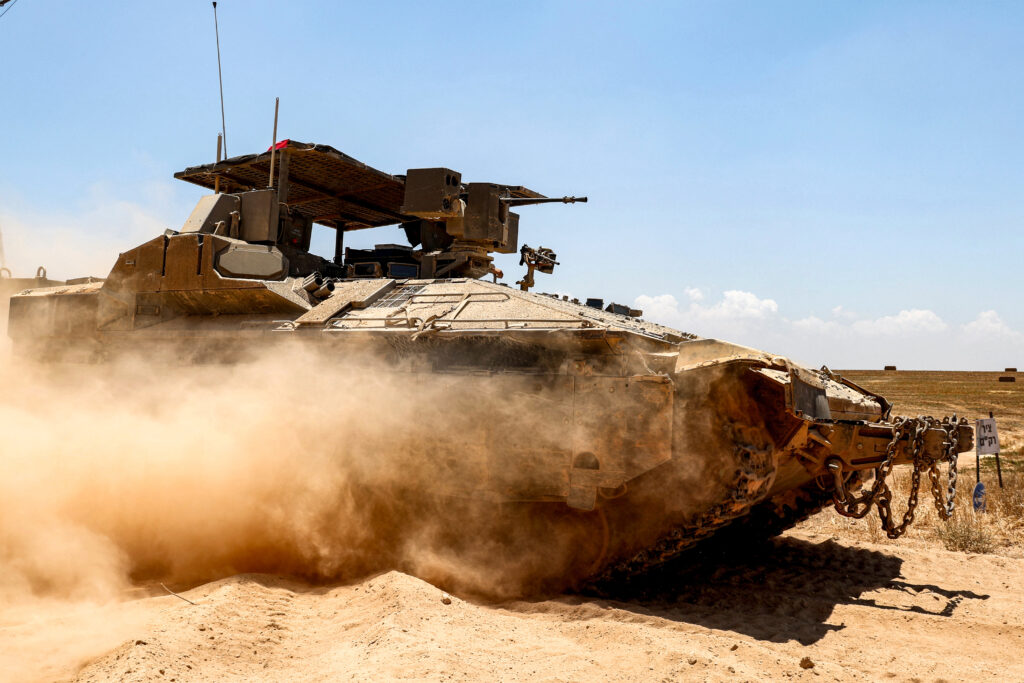Is the Taliban’s Ban on Poppy Production a Mere Publicity Stunt?
- - April 5, 2022

By Gyorgy Busztin, Visiting Research Professor, MEI-NUS
In an unexpected move, Hibatullah Ahkundzada, the Taliban leader, has announced a ban on the production and trade of opium in Afghanistan.
The effects of the ban, if enforced, will be far-reaching. Poppy-derivative opiates are the country’s main, if illegal, export produce, and chief foreign currency earner. After repeated failed attempts by Nato-Isaf forces to eliminate the cultivation and trade of poppy, the trade was left to thrive by successive Afghan governments before the Taliban takeover. The plant, easy to cultivate, resistant to aridity and disease, was the main money-earning crop of the Afghan peasant whenever and wherever he could plant it. The cultivation and trade fuelled a thriving drug economy that the government silently tolerated – and profited from.
Poppy cultivators took loans from middlemen that they paid back after the harvest. These farmers enjoyed relative affluence wherever the drug culture thrived – and there were many such places. Poppy cultivation not only became the dominant branch of agriculture as far as value creation, but also funded an entire economy from producer to consumer, with heroin produced in designated laboratories reaching faraway markets in Asia, Europe, and beyond. What was a godsend to the Afghan peasant – a source of moderate to fabulous enrichment to the traders, depending on where they stood in the supply chain – was a curse for the countries that suffered the consequences of drug abuse.
Beyond the natural factors of climate and cheap abundant labour, the reason the country became a haven of opium production is easy to explain: It was the permanent lawlessness that has marred Afghan life for decades, thus creating a fertile climate for a host of illicit activities.
When analysing the Taliban’s freshly-declared ban, one should not forget that the group previously barred poppy cultivation – and strictly enforced this – on religious grounds during its initial rule.
Ironically, successive US- and Nato-backed governments could not, or would not, sustain the ban. The opium economy made many of the warlords, which the civilian governments of “liberated” Afghanistan relied upon for support, fabulously rich. They were in no hurry to enforce a ban, despite pressure on them to do so from the international force. When the military overlords destroyed poppy crops to curtail the trade, the reaction from Afghans was understandably hostile. The proposition that alternative crops could compensate for poppy production was a non-starter. Wheat, the second most lucrative crop, fetched a tenth the price of the opium derived from the poppies, and no compensation policy was going to right the imbalance. In fact, no compensation policy was ever seriously contemplated.
But why did the Taliban declare the ban now, seven months into their rule over the country? The practice was deemed un-Islamic all along. Why not stem if before? Two explanations seem plausible.
One is that the Taliban wishes to appease its neighbours, which are rightly concerned over the effects of a vibrant drug economy on their national security and public health situations. The drug trade is invariably intertwined with other forms of criminality and, very prominently, terrorism. It was a major financial source which the Taliban themselves tapped for their fight. That the trade accommodated other players too did not matter then, as the market was wide.
Now, however, the Taliban cannot accept the risk of other, rival terrorist groups benefiting from the lucrative trade. Having committed to a clampdown on other armed non-state actors in the jihadi business, chief among them ISIL – the list extends to Uighur, Uzbek and Pakistani-Pashtun jihadists of all stripes – the Taliban had to demonstrate its determination. Neither did it want to see traditional competitors, mainly Tadjik drug cartels, continue in the business.
Circumstantial evidence suggests that the Taliban may want to enact a monopoly on the production and distribution of opiates. With the harvest of the previous year marred by unprecedented tumult and instability as they extended their rule over the country, the Taliban may have come across stocks of un-exported opiates. A ban would automatically raise prices. Then, a controlled and strictly implemented policy of cultivation, refining and distribution overseen by the Taliban could yield maximum profit – without much visibility. In the nooks and crannies of the vast country, production on a limited scale could be conveniently concealed.
The second reason may have to do with publicity. The Taliban continue to be seen as a potential threat to the peace and stability of their neighbours, who converged recently in the Chinese city of Tunxi, where foreign ministers assessed the Afghan situation. A meeting of the “extended troika”, a group with the US, Russia, and China at its core, followed shortly, despite the Ukraine crisis – an indication of the importance the three powers attach to Afghanistan. The meetings evinced continued concern over the economic chaos, human rights abuses, exclusion, and general incompetence that are the hallmarks of the Taliban rule. One topic which figured prominently was the Taliban’s position on the education of girls. A token gesture by the Taliban over poppy cultivation may thus be seen as a sop to countries dismayed by the Afghanistan government’s failures.
What would replace poppy as a source of livelihood for the many Afghan farmers who rely on it, and how this will affect the stability of the Taliban regime, is hard to foresee. The international community has, after some hesitation, decided to continue helping Afghanistan’s people. The UN has put together a substantial food aid package, while the Americans have released some frozen Afghan assets to help prevent famine. All this is not enough to establish a sustainable Afghan economy, but if drug production and trade are taken out of the equation – albeit continued on a lesser, controlled scale, as is very likely bound to happen – then the country may be closer to establishing a steadier footing. Afghanistan’s agricultural potential and mineral wealth may be the keys to future stabilisation. Putting its image of “Opiate Central” behind it may benefit the country, whatever the reasons for a ban.
Image caption: Farmers work at a poppy plantation in a field in Kandahar on 3 April 2022. The Taliban’s supreme leader on 3 April ordered a ban on poppy cultivation in Afghanistan, warning that the hardline Islamist government would crack down on farmers planting the crop. Photo by Javed Tanveer / AFP.
About the Author
Dr Gyorgy Busztin is Visiting Research Professor at the Middle East Institute, NUS.
A career diplomat and an academic, he served, between 2001 and 2011, as Hungary’s ambassador to Indonesia and subsequently, Iran. In 2011, Dr Busztin was appointed deputy envoy of the United Nations in Iraq, responsible for the political, analytical, electoral and constitutional support components of the UN’s mission in Iraq. He served at the level of assistant secretary-general until October 2017.
Dr Busztin holds a degree in Arabic history from Damascus University, Syria and a Doctorate in Arabic language and Semitic philology from Lorand Eotvos University in Hungary. In addition to his native Hungarian, he speaks English, French, Arabic, Farsi/Dari (Persian), Malay (Indonesian) and Russian. He believes strongly in political and intercultural dialogue and has engaged leading politicians, intellectuals, religious leaders and representatives of civil society.
More in This Series
More in This Series
- Jean-Loup Samaan
- - July 11, 2024
- Aisha Al-Sarihi, Ehsan Rasoulinezhad, Jinseok Sung
- - June 20, 2024








